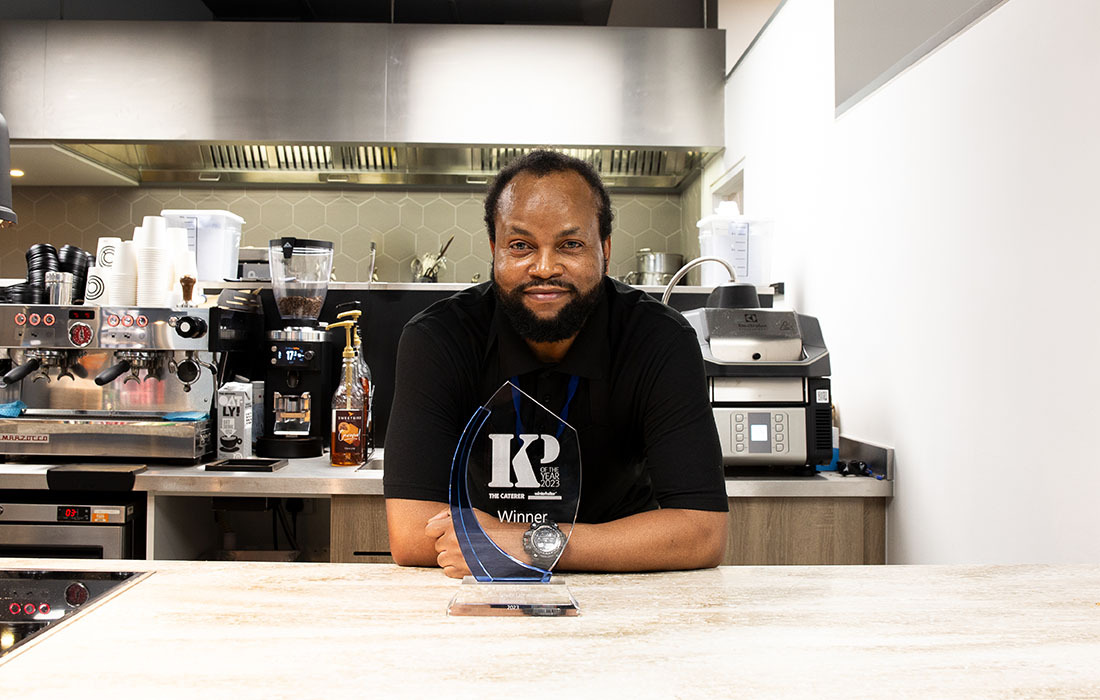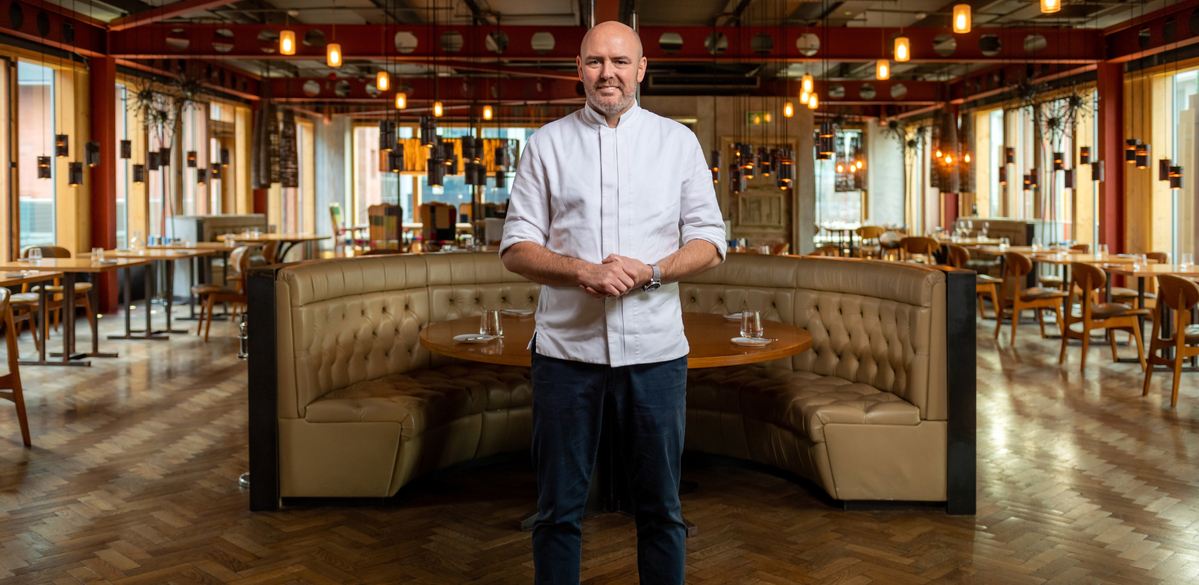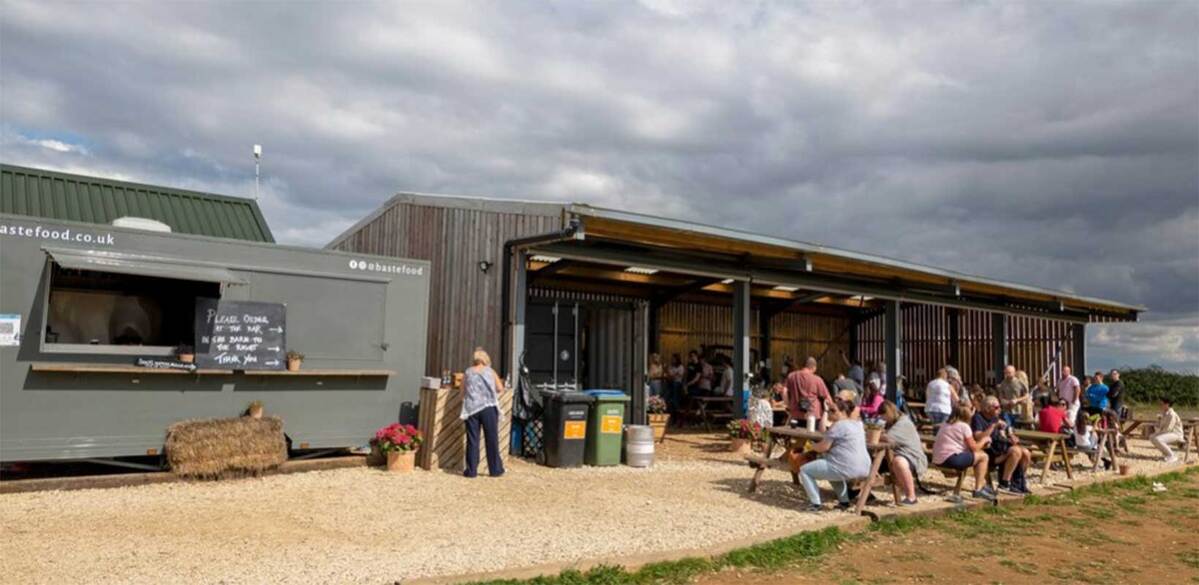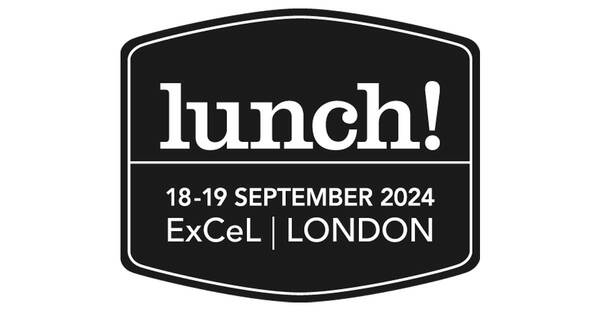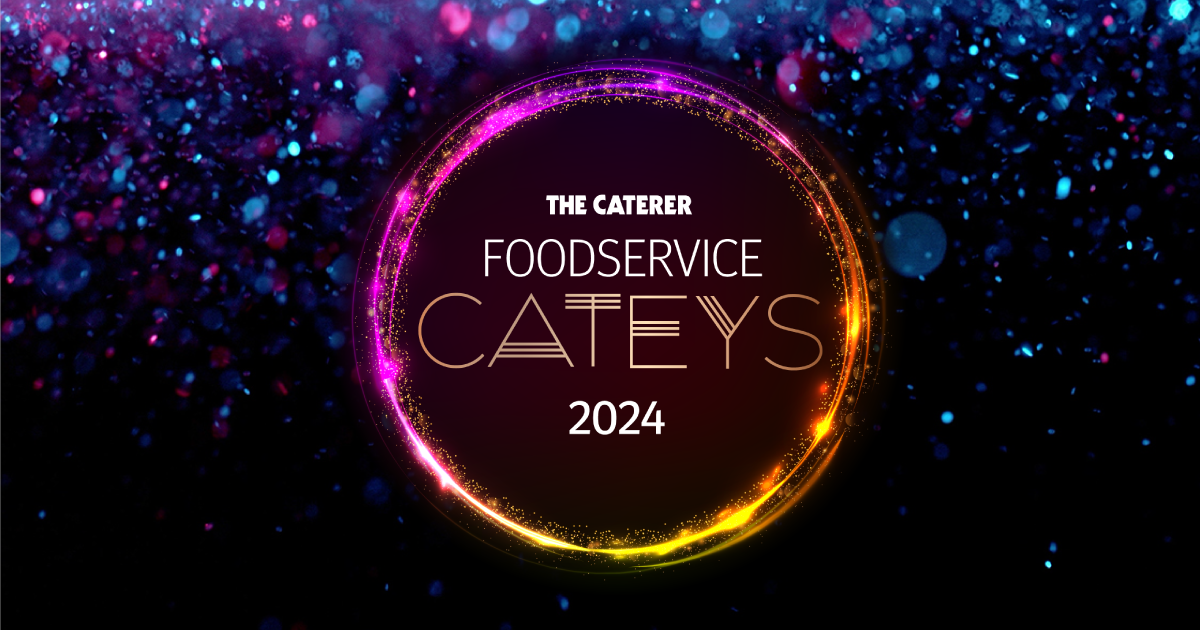Catering crisis in the NHS
Catering in NHS hospitals in is crisis thanks to spiralling debts and the abandonment of the Better Hospital Food Programme. Matthew Merritt-Harrison, managing partner of Merritt-Harrison Catering Consultancy, examines the current state of emergency on the wards.
NHS catering is currently facing its greatest challenge for years and, unless those responsible for catering services in the NHS realise what is happening and why, we will see a decline in the standard of hospital meals across the UK that will go hand-in-hand with a rise in malnutrition.
These minimum standards seem to have "disappeared" in some trusts with the end of the Better Hospital Food initiative.
The current funding crisis in the NHS is having a direct impact on hospital food. Meals are an easy target as reducing the offer and taking food off the plate can be done relatively quickly and therefore have an immediate impact on trustsâ budget overspends.
Essential maintenance of kitchens and equipment is also being cut and, across the country, backlog maintenance is building up. This increases the risk that services will fail to be delivered due to defective catering equipment.
There are already several instances of menus being revised due to dramatic budget cuts. Recently, the head of nutrition and cleaning at the National Patient Safety Agency wrote to hospital caterers asking for objective examples of how the move away from the central food policy has translated into a reduction of nutritional quality.
It can be argued that these draconian cuts are needed to address overspent budgets. However, an alternative view is that the service is under-funded and, if adequate finance was available, there would not be an issue.
It is reported that, in the last six months, the Department of Health has spent £9.964m on management consultancy McKinsey and Company. Perhaps this would have been better spent on feeding patients.
Hospital caterers themselves need to be realistic about what they deliver. The 2006 PEAT (Patient Environment Action Team) results indicate that 91.6% of food is good or excellent and that less than 0.1% is poor.
Independent reports recently published by both the Consumersâ Association and Age Concern gave a somewhat different opinion.
When it comes to improving standards, it is critical that we are realistic about the starting point. If this level of achievement has really been met, then perhaps the standard it is being judged against is far too low.
This is not to say that the quality of hospital food delivered by many trusts is not excellent or good. Claiming it is this good, however, is a denial of reality.
Some patients are in hospital for short stays and can make up for a low nutritional intake when they return home. However, the quality and nutritional content of meals is extremely important for those whose are in hospital for longer periods.
Â
Ultimately, with finite funds in the NHS, hard decisions do have to be made and, if the alternative to reducing catering is closing wards, making nurses redundant or closing highly-performing hospitals such as the Royal Surrey County Hospital in Guildford, the choice is not difficult.


